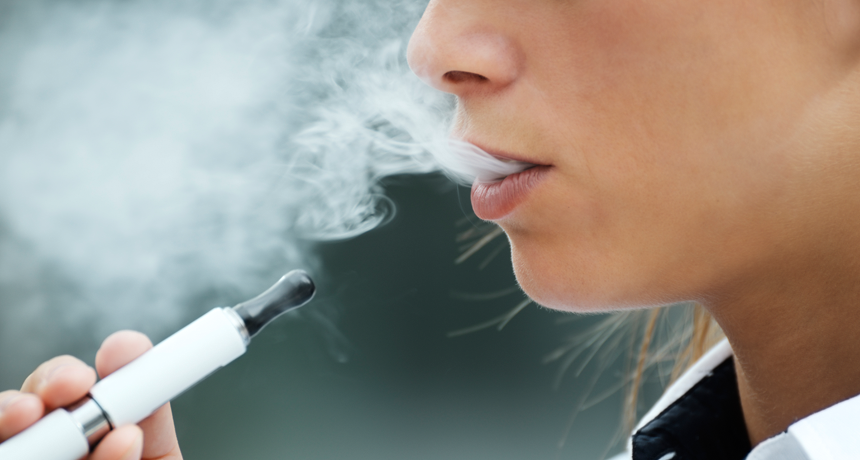The truth about electronic cigarettes

In recent months there have been a number of reports and articles relating to the use of electronic cigarettes or, better, electronic vapour products.
Unfortunately, much of what is quoted by different authors is inconsistent with real findings. Worryingly, the uncertainty and misconception of this product generally stems from the fact that ‘we don’t really know what the effects are’.
Many choose this premise alone to pass on the message to people to avoid the use of these electronic devices, fuelling uncertainty while urging smokers to keep on backing tobacco smoking, which is the biggest legal killer.
We need to elaborate on what we know and never base our arguments on assumptions in order to be credible. What we do know is that the World Health Organisation considers tobacco smoking as “the only legal drug that kills many of its users when used exactly as intended by manufacturers”.
The smoking lobby and manufacturers never intended to launch a safer alternative to smoking. They must have never felt the need to do so, as the number of smokers keeps increasing.
However, with people being more aware of their health, there have been alternatives to smoking, some of which have failed while others perfected, such as the new vaping phenomenon.
One might ask what is the difference between smoking and vaping? The differences are substantial. Firstly, it is incorrect to consider the use of e-cigarettes as a form of smoking. What defines the act is burning and in the process of vaping there is no burning involved. No tobacco is being burnt.
Alternatively, in vaping, a heating element (atomiser) is used to vaporise a liquid solution, thus the term electronic vapour. An important premise needs to be made when comparing the two products. Cigarette smoking contains more than 3,000 chemicals, the majority of which are harmful to humans.
On the other hand, the contents of certified (‘CE’) e-liquids (turned into vapour to mimic smoke in e-cigarettes) on the market today do not contain these harmful chemicals, as evidenced by several studies.
One of the arguments to brush off e-cigarettes and e-liquids today is driven by powerful lobby groups, particularly the tobacco-smoking lobby. Many influential lobbyists state that there is no quality control on e-liquids or that quality varies from one brand to the other. They particularly report that such products contain toxic chemicals such as ethylene glycol.
Of course, one should take note that, just like every other product purchased, one should only buy certified genuine products (particularly when buying online) and always go for the safety ‘CE’ sign, which is obligatory within the European market.
A study by Eter et al (2013) released a year ago in the journal Addiction revealed that nicotine content in the majority of brands examined closely matched what was reported on the labels.
Moreover, neither ethylene glycol nor dietylene glycol were detected in any of the liquids assessed, brushing off previous reports by the lobby groups.
The authors concluded that any impurities in the product were considered to be below the harming level. In fact, it is known that the contents of certified e-liquids are the same as those found in food and other pharma-medical products we use daily.
Another renowned study published in the American Journal of Preventive Disease by Siegel et al (2011) also concludes that electronic cigarettes are safer than cigarette smoking, although it warns that it has not yet proven to be an alternative to quitting smoking.
In another paper by Etter (2014) from the University of Geneva, the author concludes that, if wisely regulated, electronic cigarettes can make cigarette smoking obsolete and for all the good reasons.
The American Association of Public Health Physicians states that those who don’t want to quit smoking or are unable to quit following medical advice and/or pharmaceutical methods should consider other nicotine-replacement products like electronic cigarettes for long-term use.
The British Medical Association considers e-cigarettes as a safer alternative to tobacco smoking but urges tighter control and better standards such as doses in bottles and certification in production.
So let’s use our energy to focus on better controls, optimal standards and certification on e-cigarettes, ensuring at the end of the day that consumers receive genuine and non-deceiving products.
Source: Timesofmalta.com
